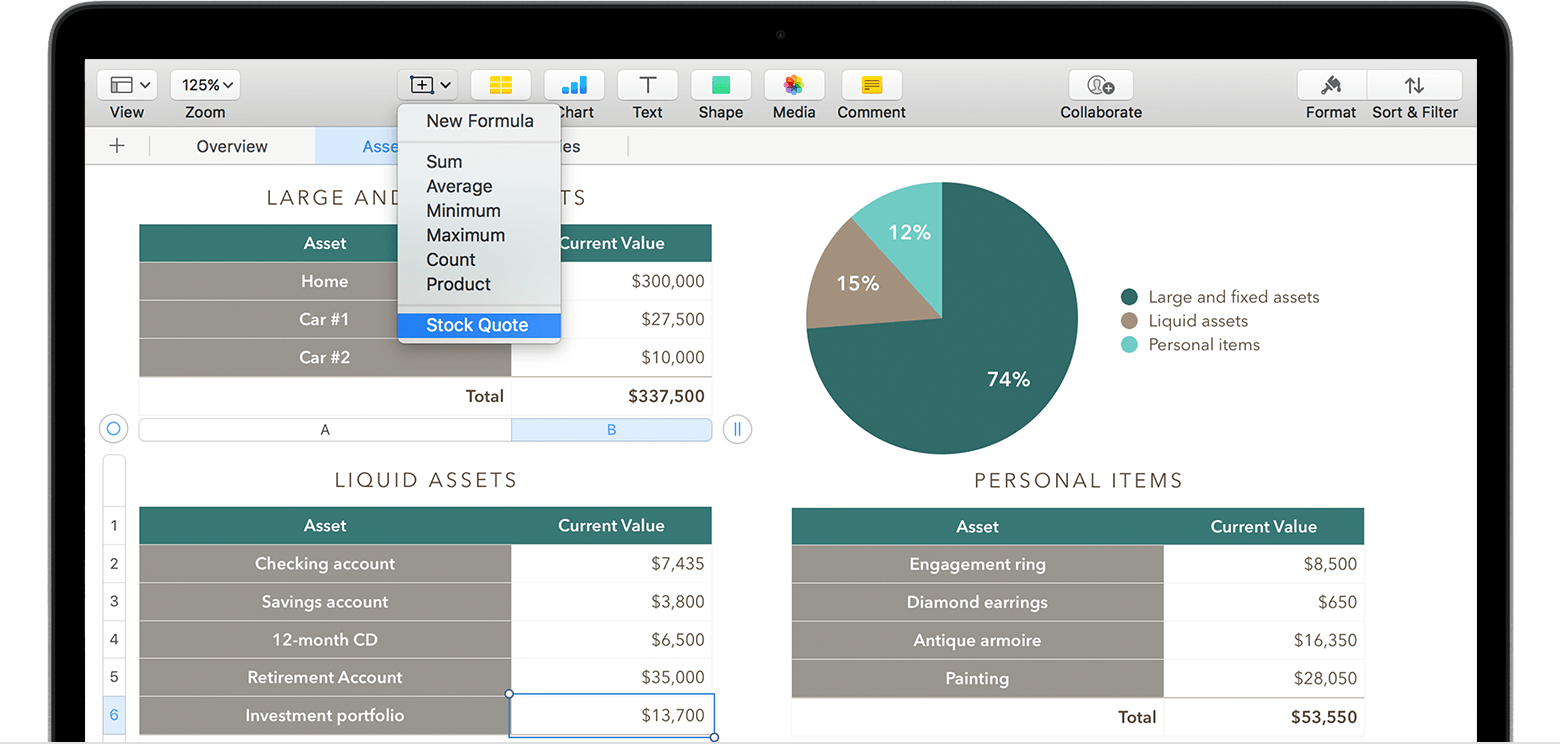
This is because they do not want to miss out on future rounds of financing. In most cases, they will want to have a pro-rata agreement. If you are seeking out angel investors, chances are they are investing in only a few companies they think are going to prosper. You will be diluting your ownership portion, but you have an increase in personal wealth nearly immediately.

As a founder, you may also be able to sell portions of your equity to an investor who wishes to exercise their rights. While not every investor will exercise those rights, you may be able to use the fact you have investors, who have these rights, as a negotiating tool for future financing (see the markup game). One of the good things about pro-rata rights is you may be holding early investors long-term. Why Pro-Rata Rights Are Important to Entrepreneurs The more investors involved, the lower the percentage the initial investors own, unless they exercise their pro-rata rights. Keep in mind, as you take on additional investors, your business value grows. Simply put, the more successful you are, the more involved investors wish to be in the company. Investors are interested in pro-rata rights because as your company grows, they do not want their equity diluted. Why Pro-Rata Rights Are Important to Investors Though the company will receive extra cash, this will inevitably dilute the founders' percentage of ownership. They would have the option to buy enough shares from the company to bring their percentage back up to 16.7 percent of the company. The new company valuation would be $1,400,000, and their investment would net them 14.3 percent of the company (0.142857).Īt this point, the original investor's pro-rata rights would kick in. For example, let's say another investor adds $200,000 in capital to your company at the $1,200,000 valuation. Going forward, the investor's share is based on their "pro-rated" investment of 16.7 percent (not the original 20 percent you had set aside).Įach time a new investor invests, they increase the valuation, thereby diluting the original investor's percentage. To determine the investor's "share" of equity, you divide what they invested into the new company value: +200,000/1,200,000 = 0.016667 or 16.7 percent.

Value established by investor = $1,000,000.To determine the investor's percentage of ownership, you must take the valuation into consideration: Then they decide they are willing to invest $200,000 into your company. Let's assume for a moment that an angel investor believes your company is worth $1,000,000. If you now need a sizable investment to keep your business going, you will seek out financing from an angel investor. Reserved for future investors or employees – 20 percent.Owners/Founders - 37.5 percent each (X2 = 75 percent).As part of your overall structure, your equity positions now look like this: Friend and family investors – each owner/founder surrenders 5 percent and 10 percent is given to friends and family (founders/co-owners now have 45 percent each)Īt this point, you will typically have registered your company with stock to ensure you can actually issue stock to family or friends who invest in the company.Owners/Founders - 50 percent equity each.Initially your company may look like this: Other owners in early-stage businesses are typically the owner (or owners) and friends and family members. This is important because the angel or venture capital investor dilutes the shares of other owners. It is important to understand the role that the valuation of your business has on pro-rata rights for other investors. In financial terms, pro-rata rights allow an investor to maintain their portion of ownership in a company when the company takes on new investors. Pro-Rata Right Conflicts Between Funding Rounds 12. Do Angel Investors Prefer Pro-Rata Rights? 10. Investors and Pro-Rata Rights in Later Rounds 9. Pro-Rata Rights and Management Decisions 7.

What to Be Aware of with Pro-Rata Rights 6. Why Pro-Rata Rights Are Important to Entrepreneurs 4.

Why Pro-Rata Rights Are Important to Investors 3.


 0 kommentar(er)
0 kommentar(er)
